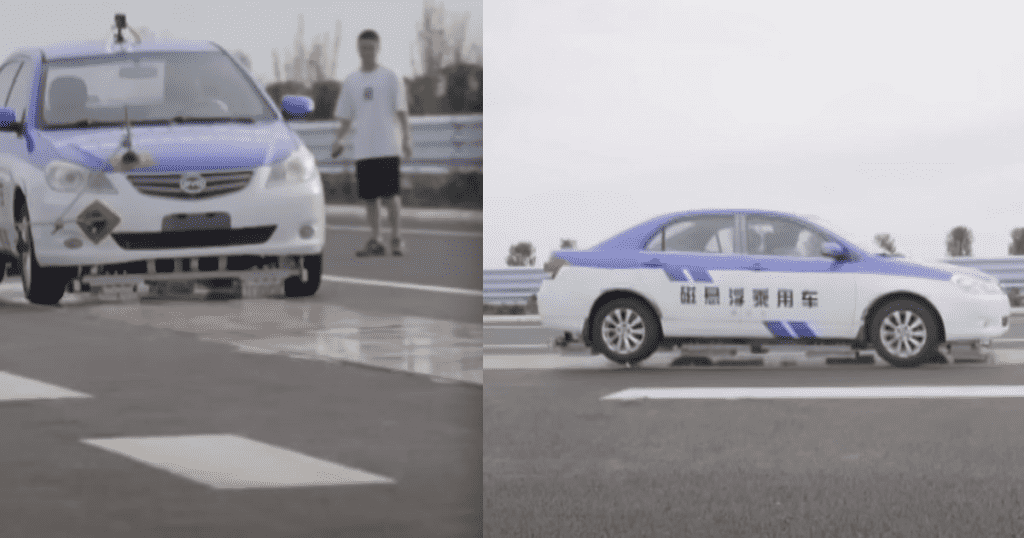Philadelphia police reportedly took a unique approach to a kidnapping case. They tracked a pair of Apple AirPods left in the car that was allegedly used in the crime.
Philly’s local Fox affiliate reported that the city’s Special Victims Unit found a kidnapped baby after tracking AirPods the child’s mother had left in her car, which was stolen along with the child. Beyond those core claims, however, not much information is released, including whether the cops tracked the AirPods on the mother’s phone or through Apple itself. This case is a fascinating example of technological surveillance with a positive side.

This seems to be one of the first times that the police have used AirPod tracking in a kidnapping case, it’s not the first time they’ve used it to find a stolen vehicle.
Earlier this year, nonprofit news outfit Berkeleyside reported that the Alameda County Sheriff’s Office found a stolen car and some illegal guns after “using pings from a pair of recently stolen AirPods.”
However, it is still important to remember that stalkers have been taking advantage of the ability of Apple’s location tracking tech since long before the police. Last summer, a man from Las Vegas, for instance, was accused of using wireless earbuds to stalk a woman.

AirPod tracking is also an extension of the creepy trend of people stalking others using Apple’s AirTags, which are meant to be used to avoid losing personal items like keys or luggage. Stories about stalkers tracking their victims using AirTags have become alarmingly common — and, increasingly, law enforcement agencies have also used the technology to track stolen property as well.
As with any form of digital surveillance, Apple’s tracking software and others like it are a double-edged sword. They can be used to help find lost or stolen items or people but can also be used to invade others’ privacy.


